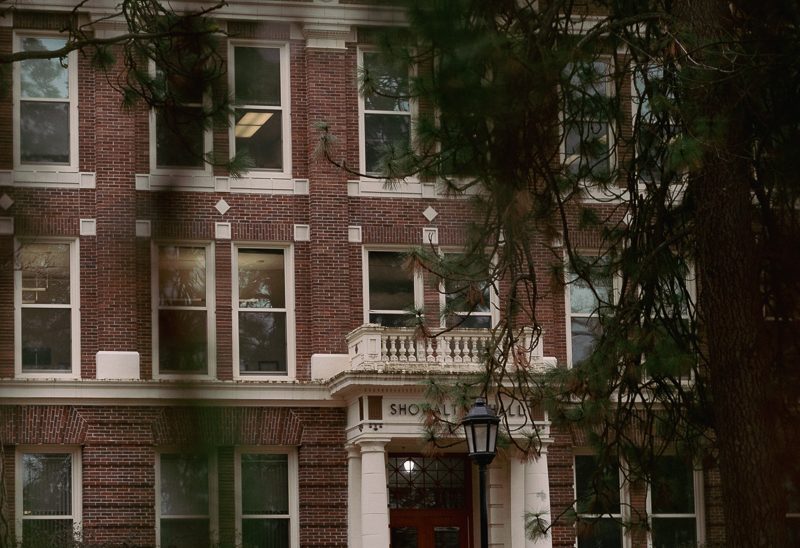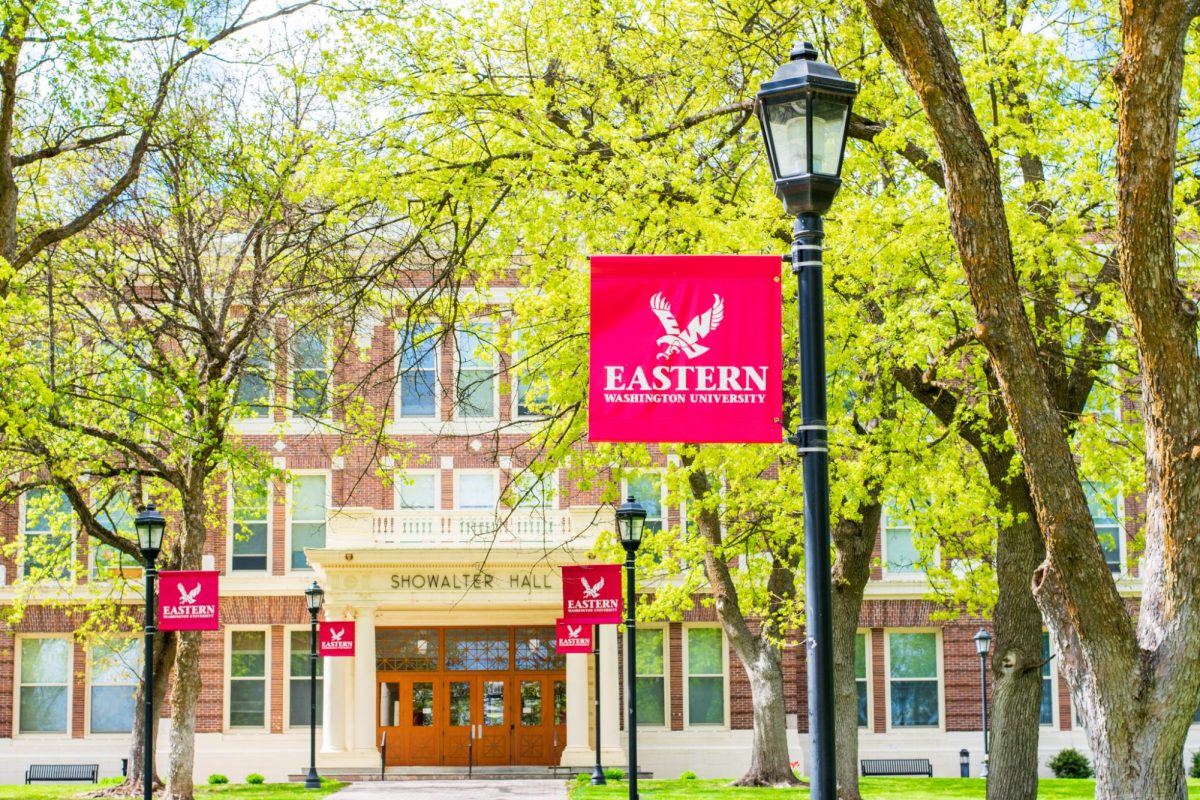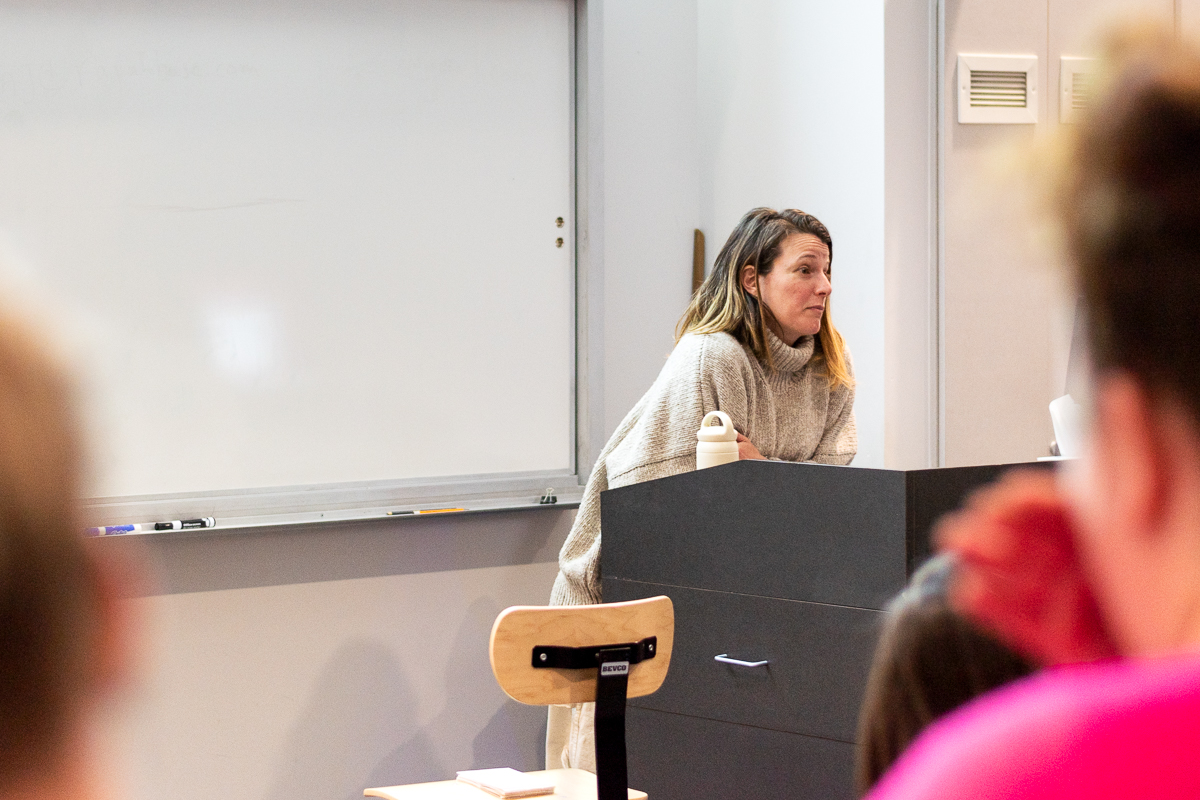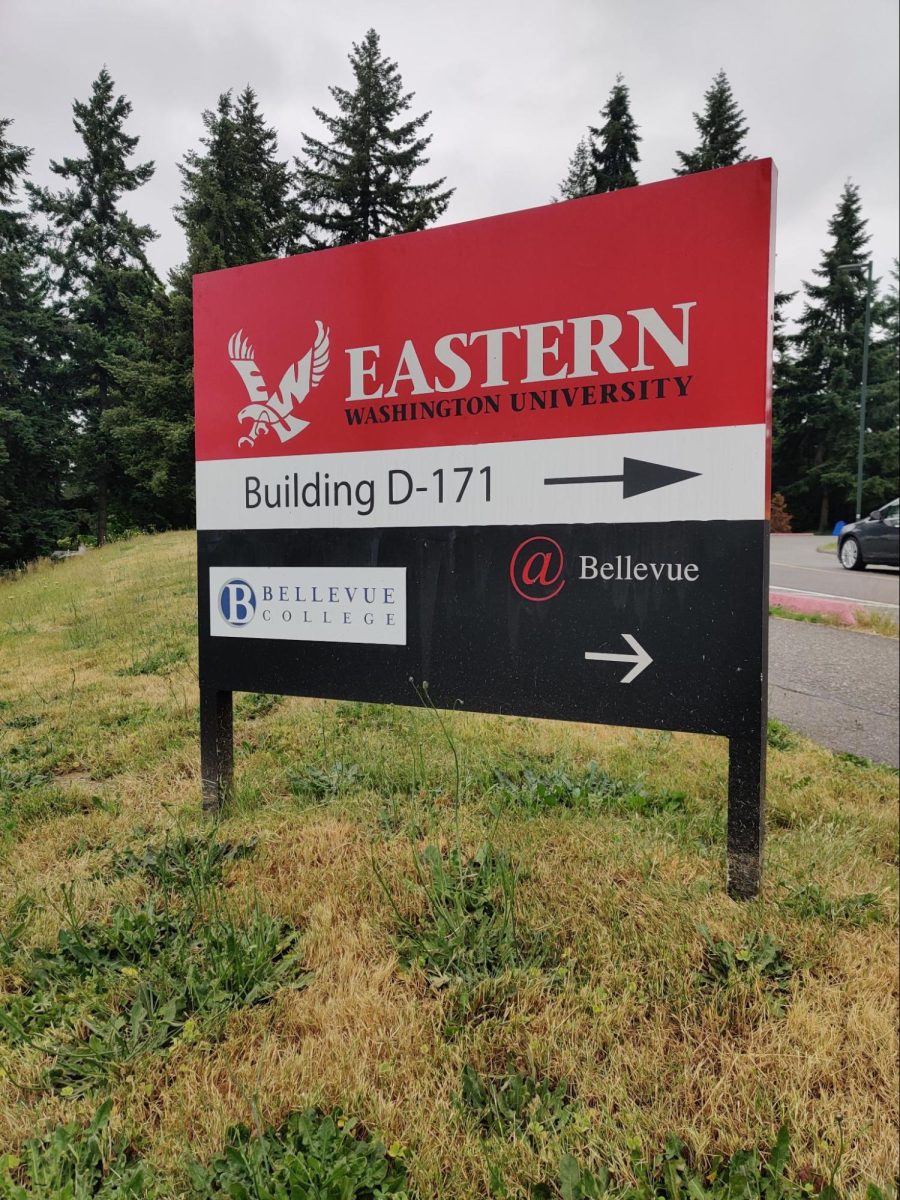Riverpoint smoke-free since May
The ASEWU is in the early stages of researching a tobacco-free policy for the Cheney campus.
A tobacco-free policy would eliminate all smoking on campus grounds. The campus currently hosts designated smoking areas and approximately 61 smoking urns. Implementing any policy does not happen overnight, according to Interim ASEWU President Becca Harrell.
Research on a policy is currently being compiled by ASEWU Student Health and Safety Services Representative Aly Morgan with the help of other ASEWU members.
“Everyone deserves the right to do what they love,” said freshman Khalid Alhazemi. “It’s my freedom to smoke.”
Alhazemi, a smoker, thinks there should be more designated smoking areas for convenience purposes.
Harrell and Morgan have stressed how the importance of the needs of the student, faculty and staff members on campus are, when deciding on whether or not to go forward with a tobacco-free campus. The duo wants to make sure they are not going forward with researching this policy in a way where they are alienating and frustrating the campus.
“Second-hand tobacco really affects students,” said Harrell. “We’ve looked at universities that have implemented [tobacco-free policies] and we’ve looked at if it’s worked for them and how they’ve done it. … Eastern’s really unique because we’re kind of smacked out in the middle of a community and so implementing it really forces people to the outside.”
According to Morgan, the next step in their research is talking to students, the Associated Students of Washington State University and the Cheney community.
“It really isn’t just about the students,” said Morgan. “We want to make sure we’re not burning any bridges. … I’m trying to figure out the best way to poll the students and see if this is actually something that they want because obviously we can never emphasize enough that we’re only here to advocate for the students’ wants and what’s best for them.”
Morgan has talked to EWU Campus Police Chief Tim Walters and representatives from the Cheney Rockwood Clinic about a possible policy and ways of enforcing it.
When dealing with the possibility of a tobacco-free campus, the university must take into consideration the needs and wants of the students first and foremost according to Harrell. Other considerations include how best to outline the specifics and whether or not to include designated smoking areas. All final decisions are made by the university’s board of trustees.
“We do have a really small percentage of students who are smokers on campus but we don’t want to make them think that we’re just ignoring them and what their needs are,” Harrell said.
Junior Melissa Baker said, “I cannot stand that every time I want to breathe I have to breathe in smoke. I don’t care if you smoke. My biggest thing is that I don’t want to have to walk behind it or through it.”
Smoking on and around the Riverpoint campus was officially banned last May. By looking at other campuses that have a tobacco-free policy, a policy for Eastern can be tailored accordingly to the campus specifically.
Harrell says the ASWSU will be a huge resource in letting them see how their tobacco-free campus has worked for Riverpoint.
In compliance with Washington state smoking laws, smoking is prohibited within 25 feet of all building entrances.
Cigarette butts on campus grounds and having to walk through clouds of smoke are complaints commonly made to the associated students. Harrell says these complaints are the reason why they are investigating a possible policy.
In hopes of finding a happy medium, Morgan plans to research the idea of enforcing designated smoking areas. “The only cons I’ve run into with designated smoking areas is … the impact on the community,” said Morgan. “If they’re not in the designated areas, they’re going to have to be on the outskirts of campus.”
In addition to their research, gathering how Eastern’s international student population feels about a tobacco-free policy is also a major concern. According to Harrell, smoking is part of their cultures, though it does not apply to all international students and not all international students are against having a policy.
“It’s something that’s been a huge concern for international students since it is very much enriched into their culture, making many international students oppose a tobacco free campus. It’s a valid point and it’s something that we are investigating and looking in to,” Harrell said in an email.
According to Harrell, nothing will be presented to the board of trustees until they have strong statistics that the policy is something the Cheney campus wants. The board of trustees has final decisions on all policies in the making.
A tobacco-free policy will not go forward until the campus and community’s preferences are fully understood, according to Morgan and Harrell.
“I really want to emphasize that our main thing right now is surveying the students and seeing if they want it,” said Harrell. “If they don’t want it, then our main thing will be to advocate against it.”





![Simmons said the biggest reasons for her success this year were “God, hard work, and trusting [her] coach and what she has planned.”](https://theeasterner.org/wp-content/uploads/2024/05/image1-1-1200x800.jpg)













